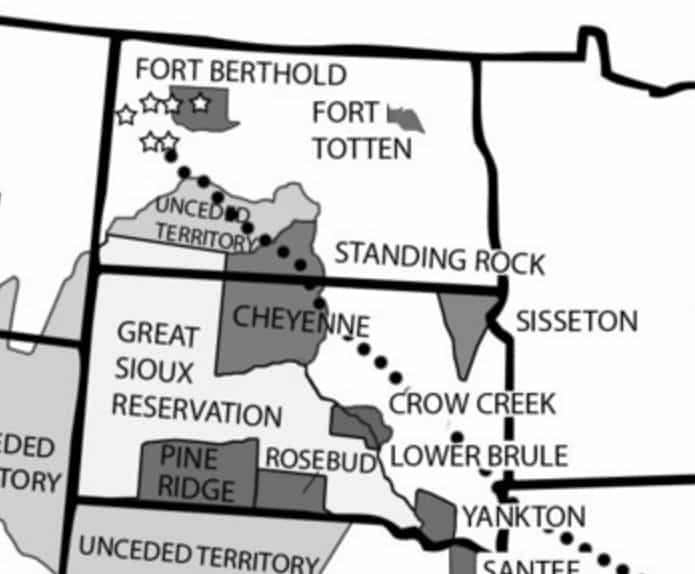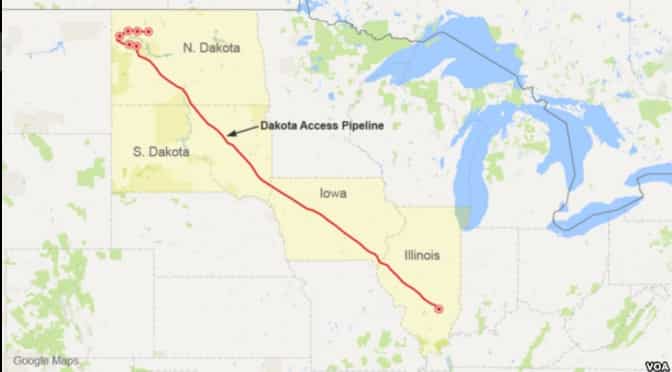
Washington, DC —Sunday the Army Corp of Engineers announced its decision not to grant the easement to the Dakota Access Pipeline crossing the Missouri immediately above the Standing Rock Sioux Reservation, and to study alternate routes. “Our prayers have been answered. This isn’t over, but it is enormously good news,” praised NCAI President Brian Cladoosby. “All tribal peoples have prayed from the beginning for a peaceful solution, and this puts us back on track. From the start, the Standing Rock Sioux Tribe has asked for a full analysis to consider threats to the water and environment, and also the social and cultural impacts. Peace, prayer, and the water protectors have led to the right outcome.”
“The Army Corps, the Department of Justice, and Department of the Interior deserve great credit for conducting a government-to-government consultation with Standing Rock’s leaders and those of many other tribal nations. We express great appreciation to the leadership,” Cladoosby continued. “Full consideration of tribal impacts is necessary, and it will help to de-escalate the confrontation at Standing Rock.”[xyz-ihs snippet=”adsense-body-ad”]Tribal leaders from all over the country have participated in meaningful government-to-government consultation meetings in Phoenix, Seattle, Albuquerque, Billings, Maine, Minneapolis, and Rapid City. The unprecedented showing of support for the Standing Rock Sioux Tribe’s struggle against the Dakota Access Pipeline reflecting the long history of infrastructure projects inflicting great harms on tribal lands, waters, treaty rights, and sacred places. “Although tribes want and support infrastructure development,” said Cladoosby, “not at the cost of our drinking water and sacred sites. We have to be at the table early to plan so that infrastructure benefits everyone.”
The movement at Standing Rock has brought an important opportunity to address the nation-to-nation relationship in the context of infrastructure decision-making. NCAI Resolution PHX-16-067 has urged that for any project affecting tribal lands, waters, treaty rights, or sacred spaces, at the outset the United States must recognize that tribal nations are governments, consider treaty rights and the trust obligations, including informed consent, uphold all statutory obligations, and ensure that tribal nations are not carrying the burdens without the benefits.
“We are entering a season of cold and snow in North Dakota, and also a time of celebrating the holidays,” Cladoosby concluded. “We hope everyone involved on all sides of this issue will be able to be with their families for the holidays, while the project route is reconsidered. We can all pause to celebrate the Creator. In the New Year, let us put our minds together and see how we can find a solution.”[xyz-ihs snippet=”Adsense-responsive”]







